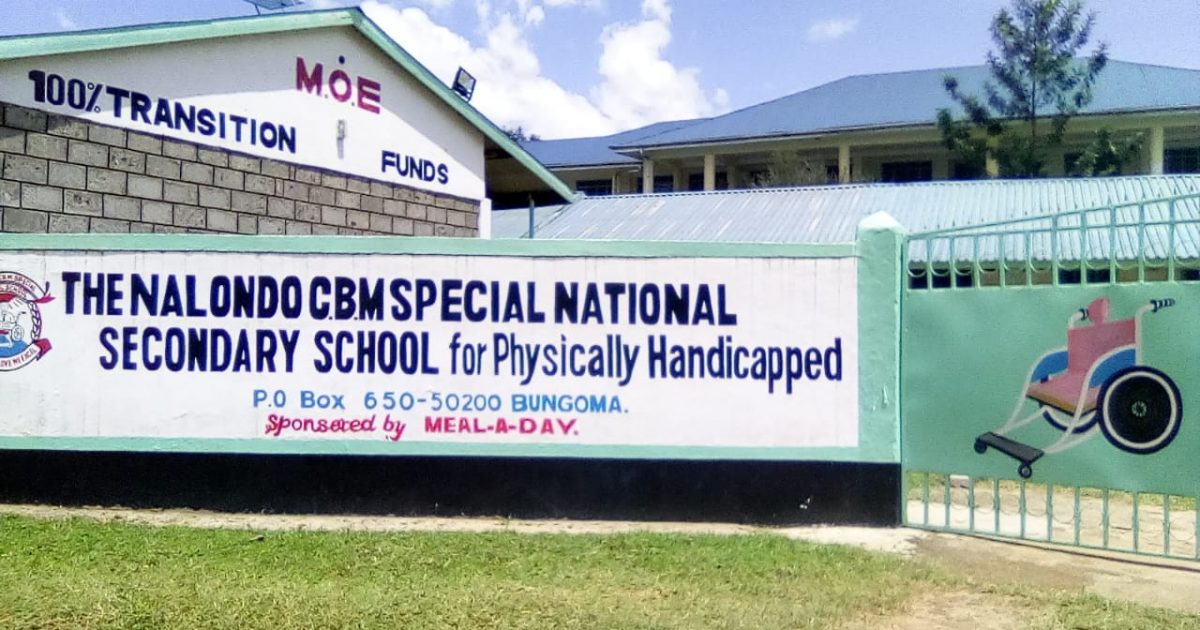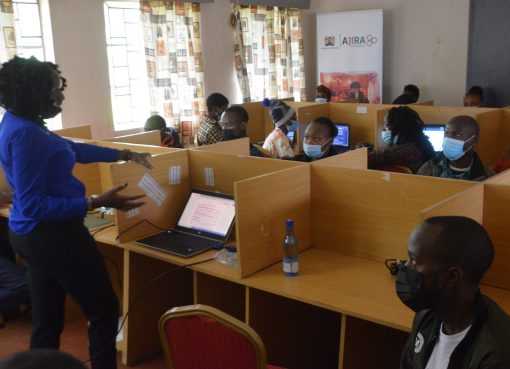More children living with disabilities are found in families with poor background and families from minority ethnic groups in African countries, a World Health Organization (WHO) report has indicated.
The report further indicates that children with hearing, seeing and intellectual disabilities do worse in school than those with physical disabilities.
At the same time, the United Nations High Commission for Refugees (UNHCR) estimates that one in every twenty children aged below 14 years globally live with some form of disability.
In Kenya, the number of people suffering from mental health problems and children with special needs have continued to rise, with inadequate information on the effects and impacts of the disabilities on the economy said to be complicating the scenario.
Due to the entrenched poverty among families with special needs children, the children are seen as a bother to most parents and sometimes are locked in lonely places such as cages while the parents go to eke a living.
For some who lucky to go to special schools, some parents end up neglecting them as they claim the learning equipment’s and other basic requirements are too expensive for them to afford.
In Kenya there are very few schools that deals with children with special needs with the few existing ones being unable to accommodate the large numbers of children living with disabilities.
One such school is Pangani Special School in Nakuru which for decades has been a safe haven for hundreds of children grappling with different forms of disabilities.
The school head teacher Mrs. Arubina Mukobe said it was challenging handling children living with different forms of disabilities with each single day being a learning experience as she gets to discover something new about each of the 168 learners who she prefers to describe as ‘differently abled’.
Having interacted with them, Mukobe reveals that the over 15 teachers and support staff at the institution have come to understand that through constant training and practice, mentally challenged individuals could learn and become responsible persons.
She expressed disappointment with parents who were not interested with education of children with special needs, saying a number of mentally challenged children were more talented than ordinary children and it was unfair to waste such talents.
“The special needs children have proved that what others can do, they too can. You just have to be patient and understand them,” said Mukobe.
The school which is a sanctuary for children with Downs Syndrome, autism, cerebral palsy, other developmental disorders and children with multiple disabilities, have their learning classes divided into Nursery, Pre-vocational and Vocational training wing.
The nursery class caters for ‘toddlers’ who are taught how to scribble, doodle and color, while in Pre-vocational, the learners are empowered with basic life skills such as toileting, training them how to speak, feed themselves, among other skills.
At the vocational training wing for the physically and mentally challenged children, learners are offered courses in haircut, weaving and beading, hairdressing, ornament making and weaving where the learners can earn a livelihood after completing the course.
Despite the much efforts made to rehabilitate the learners, many challenges have been hampering the efforts ranging from lack of medication for the epileptic children, inadequate tools for the physically challenged, funds to purchase food staff and other basic needs such as the diapers and sanitary towels.
Mukobe expressed concern over the deplorable conditions that the children were living in adding that most of their donations were coming from the foreign donors who she said withdrew their support when COVID pandemic hit the country in 2020.
She is now appealing to the governments and well-wishers to come to the rescue of the children by donating diapers, sanitary towels, medication and wheelchairs to keep the institution running.
The head teacher noted that almost 90 percent of their students are epileptic and require regular medication and attention which according to her, most parents are unable to purchase. She lamented that since they began the school in 2013, they have lost 7 students due to irregular medication and lack of proper attention from their parents.
County governments, she stated, need to support Educational Assessment Resource Service centers, which are critical in evaluating specific education needs of mentally challenged persons in terms of personnel, office space and equipment.
She revealed that advocacy, sensitization and mobilization of education for children with disabilities at the grassroots was at a poor state and asked parents and guardians to be actively involved in education of the children living with disabilities.
By Esther Mwangi by Charloth Chepkemoi





